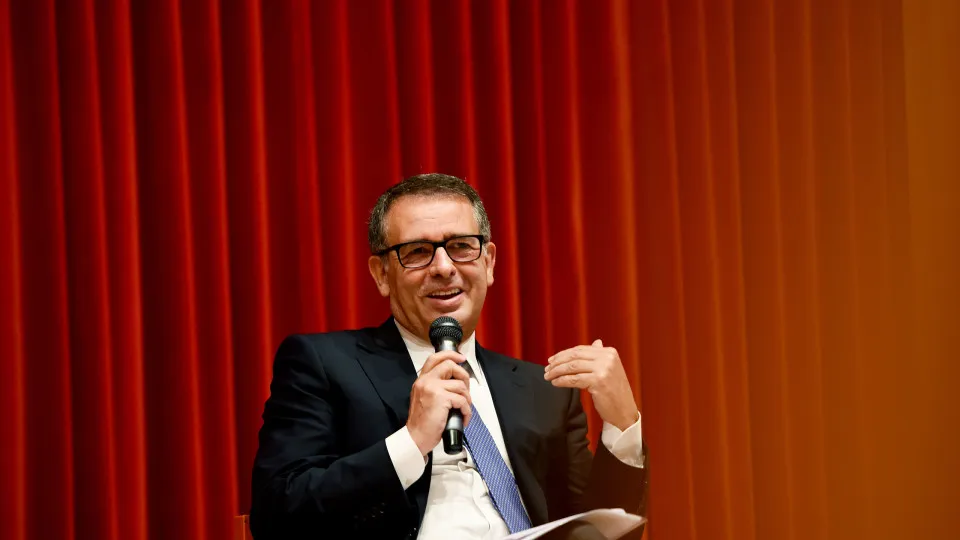
“There are problems, solutions must exist. These cannot be temporary solutions; they have to be lasting. And these solutions must involve all those with legislative responsibilities and executive duties,” stated the presidential candidate for January’s election and former PS leader, during a visit to Hospital Professor Doutor Fernando Fonseca in the municipality of Amadora, Lisbon district.
Seguro reiterated the importance of a “health pact”—a central theme during his pre-campaign—and when questioned about discussing a possible resignation of the Minister of Health, Ana Paula Martins, faced with strong opposition criticism, he deferred the matter to the political parties.
According to the former Secretary-General of the PS, the President of the Republic’s role is “to draw the attention of political decision-makers to resolve the problems of the Portuguese with concrete solutions.”
“I believe that the President should speak publicly, and there should be consequences to his words, but much work is also done privately, during Thursday meetings with the prime minister. Therefore, when there’s a need to address the prime minister about this or that minister, I will always do it privately,” he assured.
When asked if he intends to summon party leaders to Belém, should he be elected, to deliver his health pact—a document already given to Chega’s president, André Ventura, during a presidential debate—Seguro confirmed, stating he might “take the initiative to deliver the document even earlier.”
The candidate emphasized that “money might be lacking for other things,” but not for health, arguing that promoting healthcare access involves “good organization, good management, and a good career,” attracting “the best professionals in this field,” and advocating for a “very attractive National Health Service in terms of career, progression, and working conditions.”
“My message is clear: there are conditions, the country has resources to retain the best professionals in the National Health Service and address the healthcare concerns of the Portuguese promptly,” he maintained.
Seguro further stressed the importance of good “organization and management” in this field.
“Because I come across situations in health units that aren’t resolved and others that have been. With the same laws, the same resources, the same capabilities. We need to develop a culture of focusing on solutions, granting more management autonomy to hospitals, and placing competent, honest people in health units and hospitals who genuinely meet the needs of the Portuguese,” he argued.
The candidate regretted that the country has spent “years discussing the same issues” and persisting in a “culture of blame-shifting” rather than one of “solutions.”




